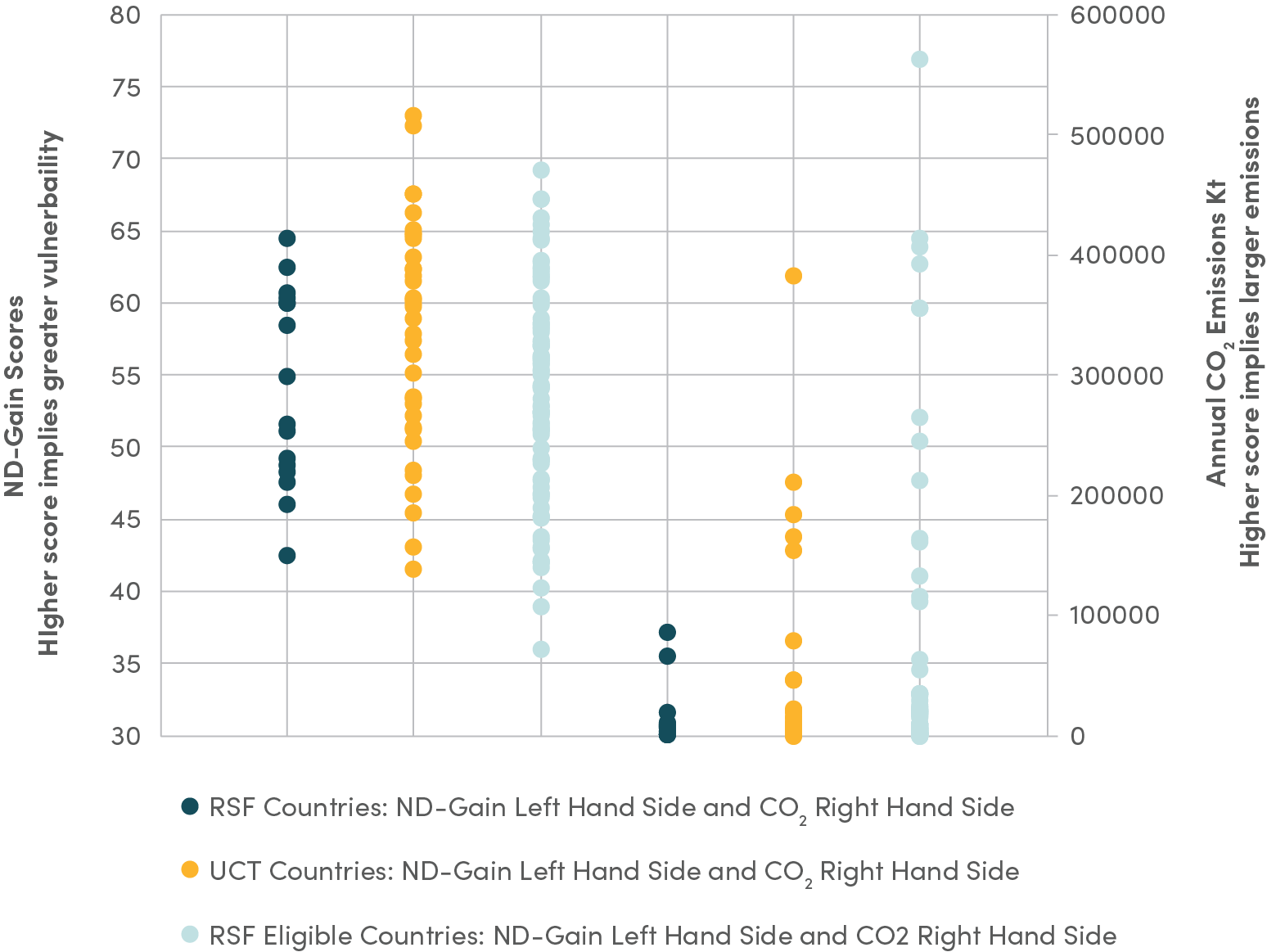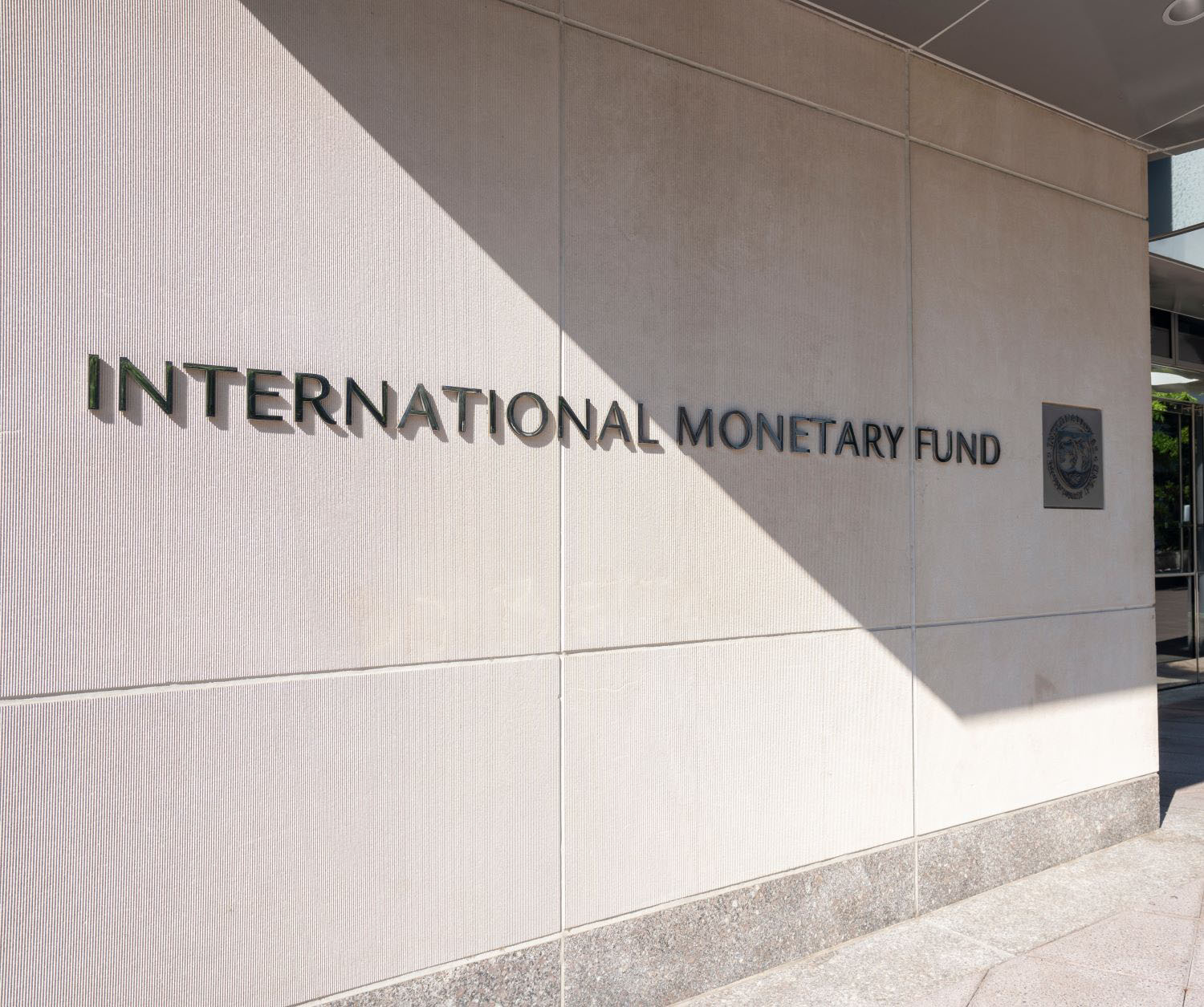On Brexit:
As people begin to unravel the meaning of the UK vote to leave the European Union, the Brexit vote creates uncertainty but may also open up opportunities. In the short run, the uncertainty about future national policy may discourage private investment in renewable energy and other low carbon technologies. At the same time, the freedom to forge its own climate policy and to step out ahead of the EU may open opportunities for more ambitious action and creative intellectual leadership in UK support to developing countries.
Theresa May: Climate Champion?
In the short run the Brexit vote may not affect the UK’s ambitious commitment to reduce its own emissions. This commitment is embedded in the 2008 UK Climate Change Act which commits the UK to reducing emissions of greenhouse gases to 80 percent below 1990 levels by 2050. This was not imposed by the EU and was adopted with cross-party support in the UK so it should be on firm ground. In fact, the UK has been notable for the consistency of its climate stance even when the leadership switched from Labor to Tory. And the new Prime Minister, Theresa May, is on record as supporting the 2008 Climate Change Act and stating that greenhouse gas reductions will improve national and economic security.
The long-term target is translated into five-year carbon budgets, a series of recommendations from the government’s climate advisors. Interestingly, only a week after the Brexit vote, the UK published its fifth carbon budget, on June 30. The new carbon budget announced an ambitious target of cutting carbon emissions by 57 percent from their 1990 level, above the EU-wide commitments made in the Paris Agreement which was only a 40 percent cut by 2030 on 1990 levels. The new carbon budget has been accepted by Amber Rudd, the UK's Energy and Climate Change Secretary.
Going forward, though, there are some concerns that a new government in Britain could be less committed to climate action. While the Act is legally binding, the UK does not yet have in place all the policies it would need to meet its ambitious targets. Many of the conservatives who had campaigned for Brexit are also climate deniers. If they have more power in a new government, and without the imperative to align with EU policy, it’s possible that climate policy could waver. In Europe some are questioning whether the UK withdrawal from the EU would affect the aggregate EU commitment or slow the EU ratification of the Paris Agreement; countries need to ratify both individually as well as in the EU block as a whole. The UK and the EU have not yet ratified. The impact of Brexit might be more significant within the EU if the balance of forces shift towards lower climate ambition.
International Climate Finance: economic slowdowns, fiscal constraints, budget pressures
The UK has been a generous funder of climate action in developing countries, including being one of the few countries to provide results-based funding for REDD+. It recently increased its contribution to the FCPF Carbon Fund by an additional £ 85 million (approx. $112 million). What impact will Brexit have on the UK’s ability to continue to support developing countries in their efforts to transition to low carbon growth paths and to adapt to the impact of climate change on their economies?
In a recent blog, CGD’s Owen Barder explained the direct consequences for developing countries if the UK economy stalls, as well as the implications for development assistance if the UK abandons its commitment to spend 0.7 percent of GDP on aid. Since much of the funding for climate finance comes from development assistance budgets, a cut in aid would reverberate through to climate finance. The impact of Brexit on the UK fiscal position is not known. It depends on whether Brexit reduces economic growth in the UK and whether the drop in income would exceed the potential savings from reduced transfers to the EU itself. According to one study, if leaving the EU were to reduce national income by just 0.6 percent it would be enough to offset the savings in net contributions to the EU, putting pressure on budgets. The uncertainty could lead the UK to take a more conservative budget stance which could limit its ability to be generous, both in climate finance and development assistance. The silver lining is that an economic slowdown would have a positive impact on the climate because it would likely lead to a sustained drop in emissions, as happened during the 2008 recession when global emissions dropped 1.5 percent.
Beyond public finance, the reverberations of the Brexit vote in UK and global financial markets will increase perceived risk and damage the prospects for mobilizing private finance for the huge investments in green growth that will be needed to put both industrial economies and fast growing emerging markets onto low carbon growth paths.
Impact on Carbon Prices in the EU Emissions Trading System (ETS)
The immediate impact of the Leave vote was a drop in the price of carbon in the European carbon market (ETS). This is bad news for people who hope that regional carbon markets, including in developing countries, will grow and eventually integrate, and thus lead to higher global carbon prices and an incentive to invest in low carbon energy and infrastructure. In the first week after Brexit the EU allowance price dropped 12 percent and it dropped an additional 6 percent in the following week. The Brexit vote is expected to lead to a sustained period of uncertainty over the status of UK participants in the EU ETS. Environmental Finance noted that UK utilities are adopting a 'wait and see' approach to their hedging following the referendum. Prices may fall further if UK firms start to unwind the further-out carbon positions for fear of getting left unhedged if the UK leaves the EU ETS as a result of a Brexit.
According to Energy Aspects , if UK entities remain in the EU ETS, there would be little change to the outlook for market fundamentals. But if UK participants leave the EU ETS, then the forecast is significantly bearish for EU Allowances: supplies could increase as UK industrial entities push allowances into the market, driving prices down.
(An alternative view, by Tim Worstall, at the Adam Smith Institute, is that Brexit “could immeasurably improve British climate change policy …. [We could] Stick on a carbon tax of the appropriate size, declare the problem solved and go off and do something more interesting.”)
So What Should The UK Do Now?
The Brexit vote raises a host of questions about the future of UK, EU and even global climate policy. (For a long list, see the 94 questions raised by Carbon Brief in a recent blog.) As their clever lawyers, and maybe less clever politicians, figure out a way to accommodate the will of the voters while adhering to a modern, progressive leadership role we hope that the UK will continue to take strong climate action at home and to provide technical, financial and policy support for climate action in developing countries at the same high level. To do this, they should do the following:
-
Continue to maintain ambitious national emission reduction targets, larger than the amounts agreed under burden sharing with the EU.
-
Immediately register the UK’s own ambitious climate targets (Intended Nationally Determined Contributions) with the UNFCCC, as part of the Paris Agreement, separately from the EU commitment. Quickly ratify the Paris Agreement in Parliament.
-
Continue to show intellectual leadership in international climate finance. The UK was the primary architect of the Clean Technology Fund and the Climate Investment Funds. It should continue to support innovative approaches to leverage this funding, including the expected reflows, so that the coalition of multilateral development banks can continue to finance low carbon infrastructure in developing countries.
-
Continue its intellectual leadership on results based approaches for climate finance, especially for REDD+, in the Green Climate Fund and other programs. CGD’s Bill Savedoff explains how in a recent policy paper.
-
If the UK likes Europe, just not Brussels, it can show the love by supporting multilateral climate finance programs where these are the best solutions but also continuing to channel funds through bilateral programs of individual European countries as it does together with Norway (a non-EU member) through the German REDD+ Early Movers program.
-
Negotiate to continue to participate in the EU ETS. And while they’re at it, advocate for the EU ETS to include international forest offsets, as we suggested in our Working Group Report Look to the Forests.
In his blog, Owen also noted that Brexit seems likely to diminish the UK’s global “soft power” which it has used in recent years to promote progressive policies in the EU and more broadly on international issues like climate change. The UK has been seen as a leading advocate for ambitious EU climate policy since 1997. The 2008 Climate Change Act strengthened the UK’s leadership internationally by highlighting the role it would take in contributing to urgent collective action to tackle climate change. The UK's energy and climate change secretary, Amber Rudd, vowed that the country will continue to be a leader on climate change post-Brexit, but admitted its path towards decarbonisation had been made more difficult by the shock move. Ms Rudd said the UK had been "central" to the Paris climate change deal and had been a leading voice advocating for climate action more widely. Post-Brexit the UK has the chance to continue—and strengthen—its global leadership on progressive climate policy. It should not squander that opportunity.
Disclaimer
CGD blog posts reflect the views of the authors, drawing on prior research and experience in their areas of expertise. CGD is a nonpartisan, independent organization and does not take institutional positions.





